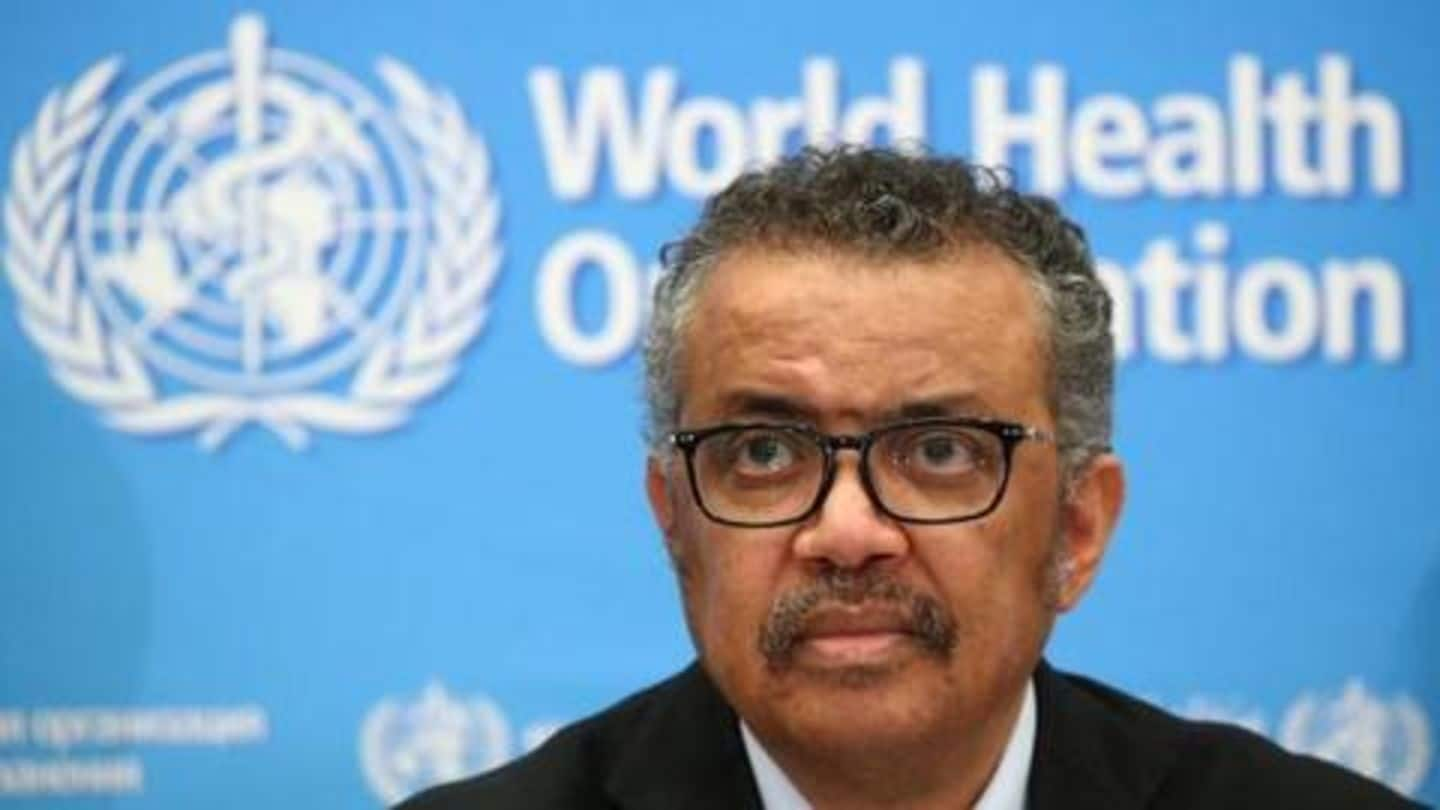
Amid lockdowns, WHO says asymptomatic transmission of COVID-19 is rare
What's the story
COVID-19 has wrecked several major countries and is still nowhere near stopping or even slowing down. Experts had earlier warned that this might be an effect of asymptomatic patients driving the spread, making it difficult for authorities to trace contacts and contain the infection. However, officials from the World Health Organization (WHO) now claim that is not the case. Here's what they said.
Asymptomatic cases
What are asymptomatic cases of COVID-19?
Ever since COVID-19 started spreading from Wuhan, health officials have recognized that the virus transmits through human-to-human or surface-to-human contact. But, in addition to that, they have also noted that many of the individuals, particularly healthy ones, who contract the novel coronavirus might develop no-to-mild symptoms or may not show symptoms until days after being infected. These are the asymptomatic cases of COVID-19.
Concerns
Concerns of asymptomatic cases driving the infection
As asymptomatic COVID-19 cases do not show any known symptoms - like fever, cough, or sore throat - experts have warned that they could be unknowingly spreading the disease to other healthy individuals. Notably, preliminary data from the earliest outbreaks in Wuhan and Italy also suggested the same, prompting the world to follow stringent social distancing protocols.
Response
Now, WHO says asymptomatic transmission is not driving COVID-19
Now, in a recent press briefing, WHO acknowledged that transmission from asymptomatic cases happens but that is not driving the spread of the disease. "From the data we have, it still seems to be rare that an asymptomatic person actually transmits onward to a second individual," Dr. Maria Van Kerkhove, WHO's Head of Emerging Diseases, said, noting that such transmission is "very rare."
Need
More data needed to "truly answer" the question
Dr. Kerkhove added that there have been some reports of asymptomatic or presymptomatic spread in nursing homes and in household settings. However, in order to truly answer the question, they would need more data and research on the potential of extensive spread of the disease from asymptomatic carriers. For now, she said, it is a very rare case.
Quote
Countries are doing detailed contact-tracing for asymptomatic individuals
"We have a number of reports from countries which are doing very detailed contact tracing," Dr. Kerkhove said. "They're following asymptomatic cases. They're following contacts. And they're not finding secondary transmission. It's very rare." These nations will hopefully give a better understanding of asymptomatic transmission.
Strategy
For now, symptomatic cases have to be followed, isolated
That being said, WHO emphasized that the strategy to contain the virus still remains the same - test, isolate, and trace their contacts. "What we really want to be focused on is following the symptomatic cases," Van Kerkhove said. "If we actually followed all of the symptomatic cases, isolated those cases, followed the contacts, and quarantined those contacts, we would drastically reduce" the outbreak.